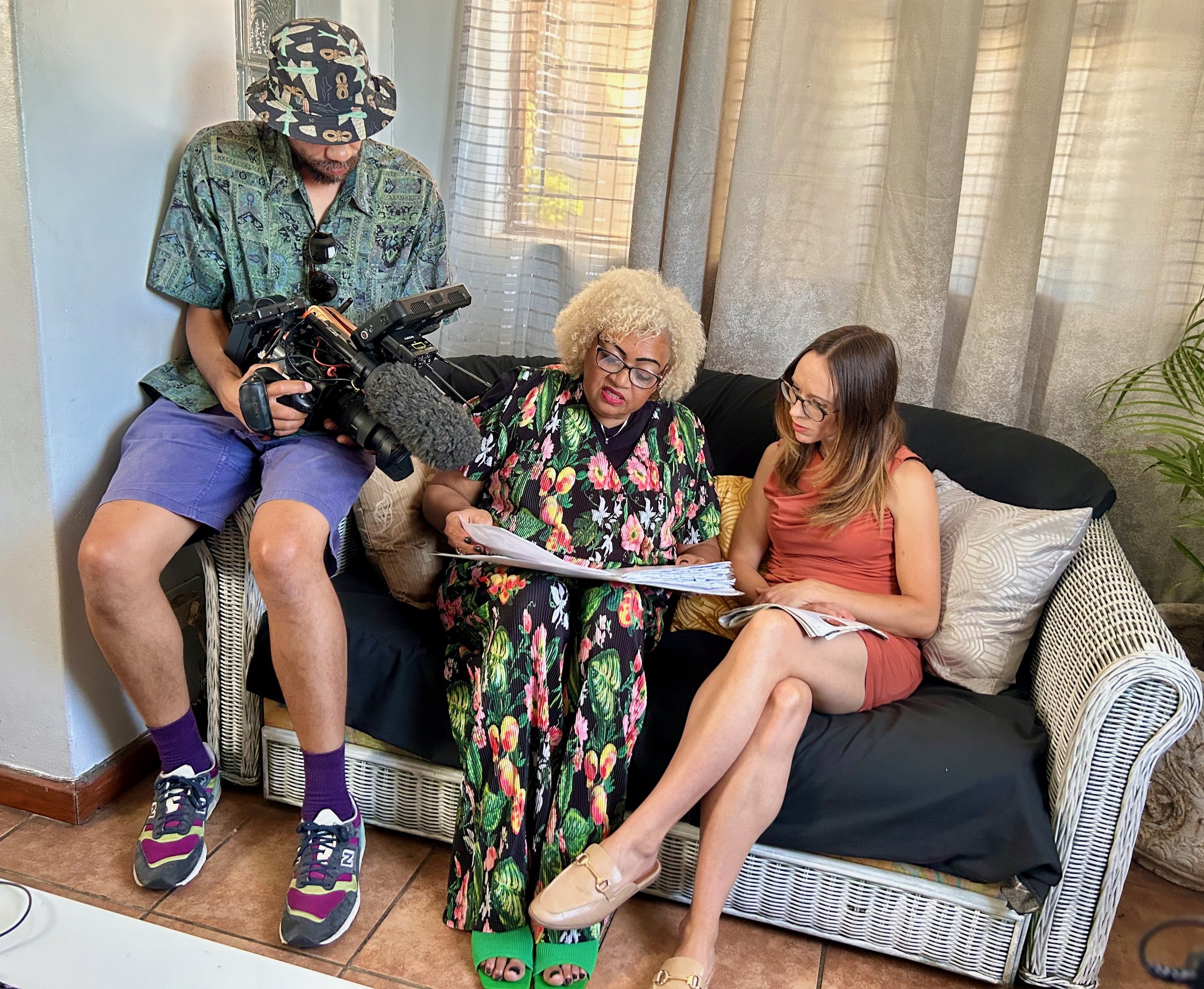The story starts with an interview with a leading ENT surgeon in Cape Town, Professor Darlene Lubbe, who has pioneered innovative endoscopic surgery to treat brain tumours. This is specifically useful for work on Sphenoid Wing Meningiomas which develop behind the eye in the skull. However, Prof Lubbe is concerned at how long the waiting list is for this type of surgery and how anecdotally, she is observing that most of her patients are women and many of them are long-term users of the high-dose contraceptive injection Depo-Provera. What makes the question all the more urgent is the fact that surgery for this type of brain tumour takes between six to eight hours and requires highly-skilled surgeons in a resource-starved health ecosystem.
Prof Lubbe is not the only person asking questions about Depo-Provera. Already international studies are establishing a link between the use of synthetic hormones and brain tumours, and have raised questions specifically about Depo-Provera, which is widely provided in developing countries. These medical studies are building a frightening picture which has impact in countries with well-resourced legal systems. In countries like the United States, Australia and Switzerland, lawyers are preparing court actions against the maker of Depo-Provera on behalf of women with meningiomas.
With this background, the story moves to the personal stories of South African women who have been diagnosed with these invasive non-cancerous tumours. Their symptoms are horrible – blurry vision, protruding eyes, dizziness, nausea, exhaustion, intense headaches and a sense of not feeling themselves. Most of these women have to give up work, they must limit their parenting and worst of all have become patients in their own homes. After surgery, many of these symptoms persist, along with others which make life very difficult. For example, one woman I spoke to felt nauseous every time she smelt or tasted food. Another woman suffered from epilepsy and she and her whole family were constantly on alert in case she had seizures. Their lives – in early middle-age– have been profoundly compromised, they live in pain and discomfort, and this is a devastating loss.
Making this programme pre-occupies me. Observing the suffering and heartbreak of these women, as they tell me their personal stories, is deeply disturbing. This seems like the first chapter of a much longer investigation that needs to happen in South Africa. We are one of the few developing countries which have the infrastructure to do a scientific investigation to establish with more accuracy the link between Depo-Provera and Sphenoid Wing Meningiomas and international experts are calling for us to do such a study. Unfortunately at this point, decision-makers are not listening. The Department of Health has yet to respond to my multiple attempts for not only an interview, but also answers to written questions.
If this silence continues, the conversation around Depo-Provera will be described only in the media and the courts. Richard Spoor Attorneys in Johannesburg is preparing a class action in South Africa, although it in the very early stages. Anybody wanting to get in touch with the relevant lawyers at Richard Spoor, can email pfarelo@rsinc.co.za.
Please email me at marion@carteblanche.co.za if you want to be in touch. I want to know about women on Depo-Provera who might be experiencing the symptoms of meningiomas, I want to know how clients are handled in government clinics, and specifically the length of time women are kept on Depo-Provera. (According to the safety packaging, it should not be longer than two years.) I also want to know about diagnosis and surgery, and what options are available to women who have a diagnosis of a meningioma, specifically far away from functioning medical centres. I am hoping that the Premiere broadcast on Carte Blanche’s You Tube channel will serve a double function of getting information to people, specifically women on Depo-Provera, and creating a channel of communication back to the media, for people who have their own story to tell.
I sent questions to the makers of Depo-Provera, Pfizer. This was their response:
Patient safety is our top priority. We conduct rigorous and continuous monitoring of all our medicines, including assessments of reported adverse events, in collaboration with health authorities around the globe. Depo-Provera has been approved in more than 60 countries over the last 30 years and has been a safe and effective treatment option for millions of patients during that time.


















